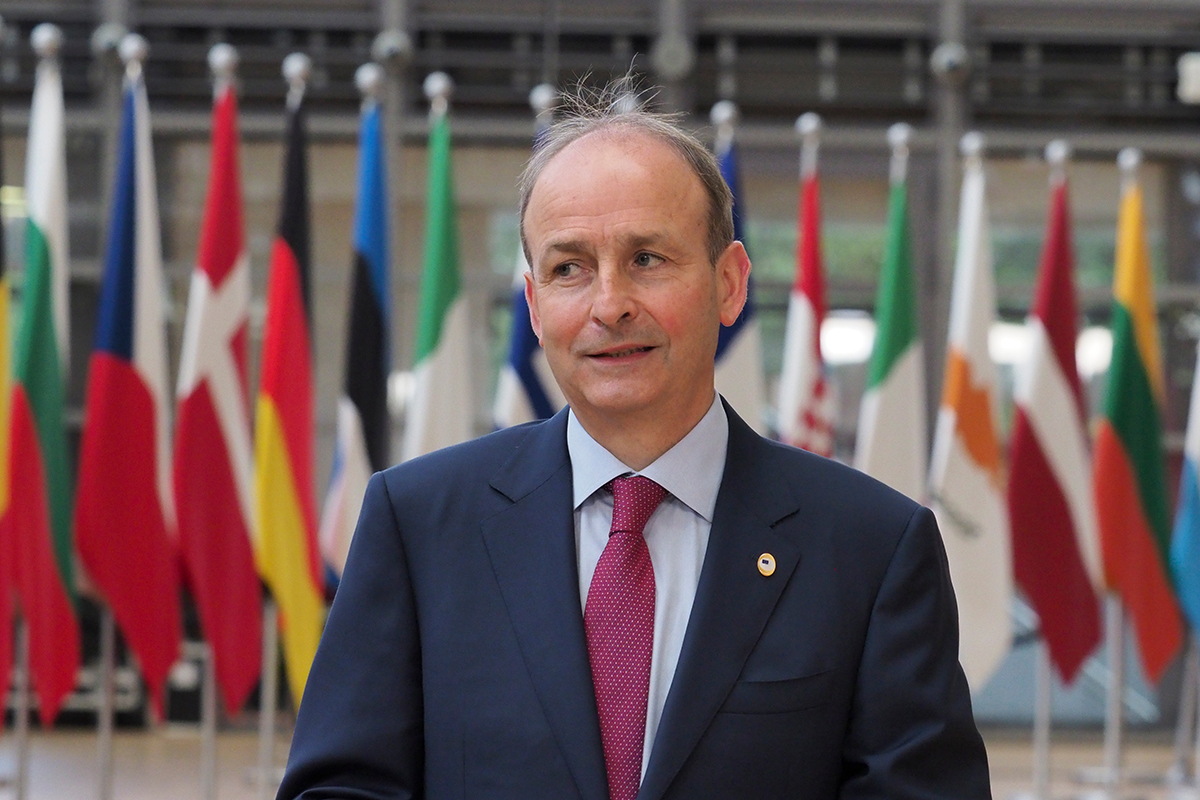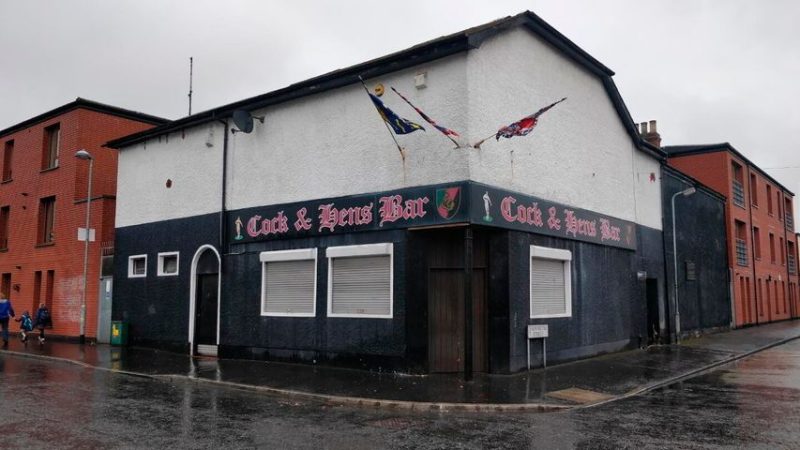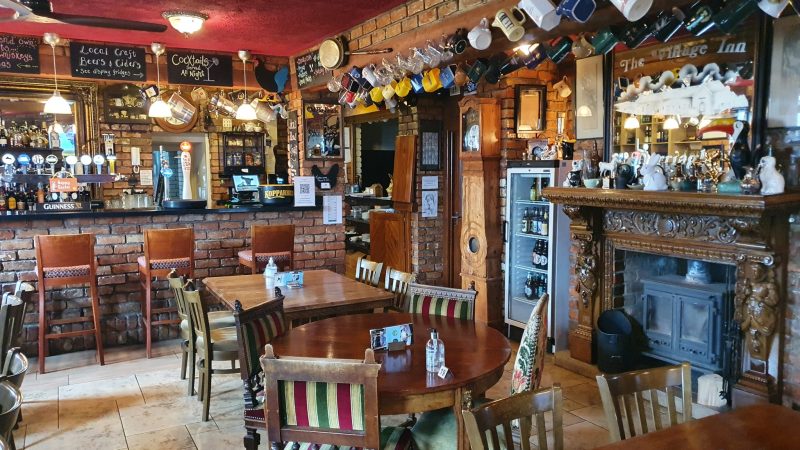Warning on impact of cross-border booze buying

Traders in the Republic could be hit by a cross-border exodus to buy drink should the Irish Government press ahead with introducing minimum unit price rules in the coming weeks, a retail group has said.
The warning comes after Taoiseach Micheal Martin signalled his intention to press ahead with what he called a vital public health initiative.
Mr Martin said the biggest reason for change was to that below-cost selling of alcohol was harming children and young people.
He said: “Some of the figures are quite horrendous. Ireland has the highest level, for example, of adolescent binge-drinking in the world, at 61% for females and 58.8% for males, according to a global study on adolescent health published in The Lancet in March 2019.
“The cost of alcohol-related discharges from hospital in 2012 was €1.5bn.
“The estimated cost of alcohol-related absenteeism from work was €41m in 2013.

“It’s estimated now that the number of hospitalisations wholly attributed to alcohol has risen by 94% between 1995 and 2018, going up from 9,420 to 18,348.”
However, Retail Ireland warned upping prices before Northern Ireland does likewise will prompt a surge in cross-border shopping.
Director Arnold Dillon said: “If consumers travel to Northern Ireland to shop, they will inevitably spend money in a wide range of retail and hospitality outlets, not just in grocery and off-trade.
‘Losing out’
“This will be at the expense of struggling businesses here. While retailers in border regions will be hit hardest, we have seen in the past that consumers will travel long distances to save money.
“In the absence of alignment with Northern Ireland, retail businesses in significant swathes of the country could easily find themselves losing out.”
It was originally planned that both jurisdictions would bring in base price rules for alcohol at the same time.
But Northern Ireland’s health minister Robin Swann has signalled that the Executive will not be in a position to do so until 2023 at the earliest.







